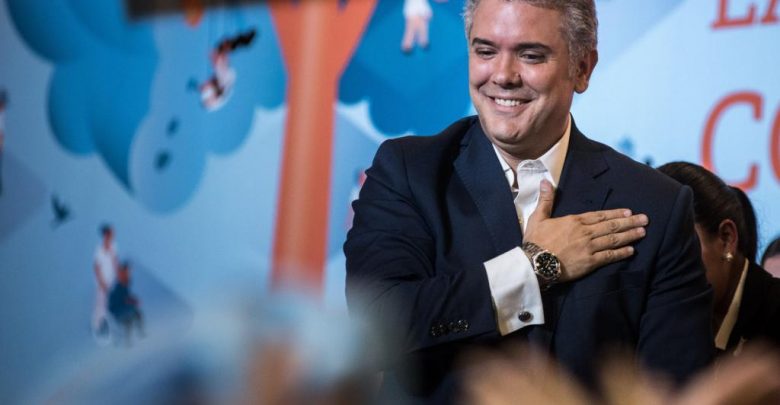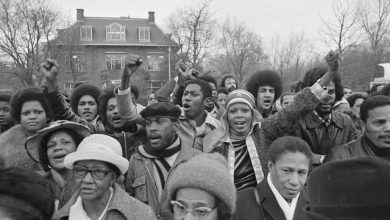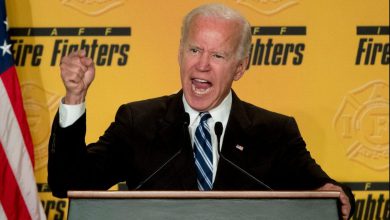OngoingThe Americas
Will Colombia’s Presidential Election Uphold the FARC Status Quo?
Last week’s presidential election in Colombia of the right-wing Ivan Duque prompted an important question all around the world: will the status quo of peace negotiations with the FARC remain?

On Sunday, the win of right-leaning Ivan Duque in Colombia has shaken South and Central America in the midst of peace talks with the FARC. Duque, a former senator and conservative, has pledged to rewrite a divisive peace treaty that in theory ended the country’s 50-year guerilla war. This election comes at a time of strategic importance for the country who is facing two of the largest challenges since their independence: the remnants of guerilla fighters responsible for the drug trade and other mafia-like conditions in the region, and the economic collapse of neighboring Venezuela which is pushing floods of migrants to the Colombian border.

Rise of the Duque
Duque’s popularity can quite possibly find its origins in former president Alberto Uribe, who is blocked from seeking reelecting due to term limits. Uribe’s popularity expanded because of his harsh lines on guerilla groups during his past terms. The peace process in Colombia is considered to be largely irreversible, and a renegotiation of the specific clauses is expected in the new presidency.
Through tax cuts, more spending on secondary and tertiary education, and closer cooperation with other South and Central American countries, Duque’s term should be closely watched in order to predict changes in patterns of incumbency across the region.

Petro No More
The losing opponent, Gustavo Petro, was a guerilla fighter himself. Running a campaign based on socialist principles, his promises of expanding primary education, quartering poverty-stricken residents on private property and even finding a solution to the Venezuelan refugee crisis did not garner him enough votes to win the election.
The Future of Colombia
All in all, Colombia’s future under Duque looks strong. While his critics insist that he will just be a puppet for Uribe, Duque insists that he is his own man with a separate and strong agenda. With his experience as a senator in the country, Colombians hope that this is the one to finally end all of the years of fighting- if they can keep FARC leaders in the process. Duque will be sworn in on August 7th, when he will begin his four year term.




